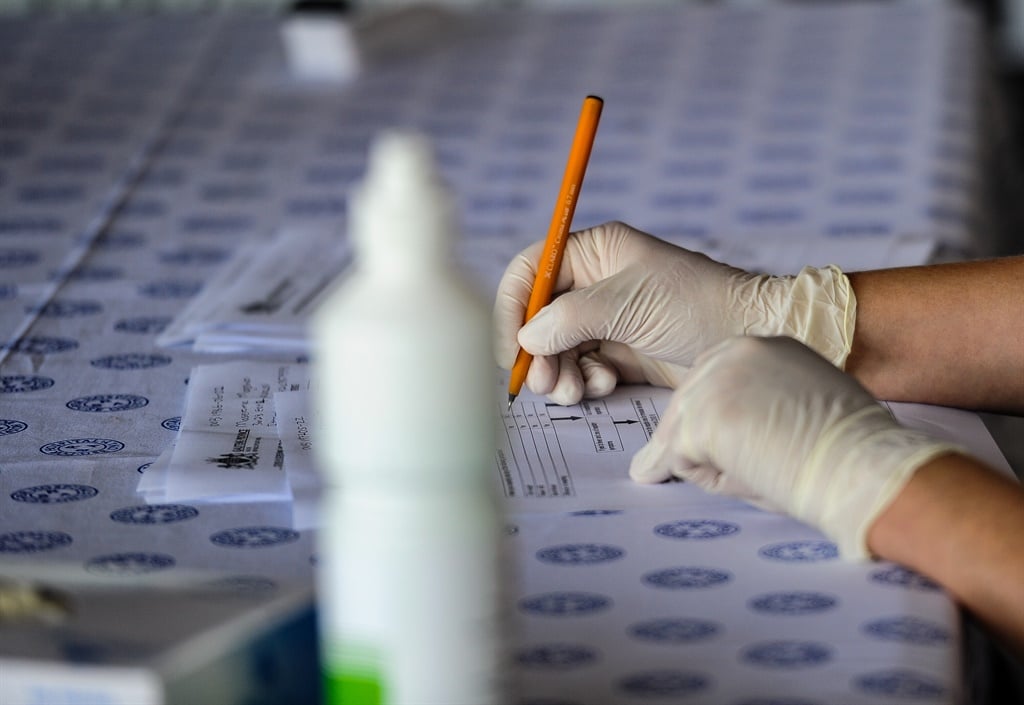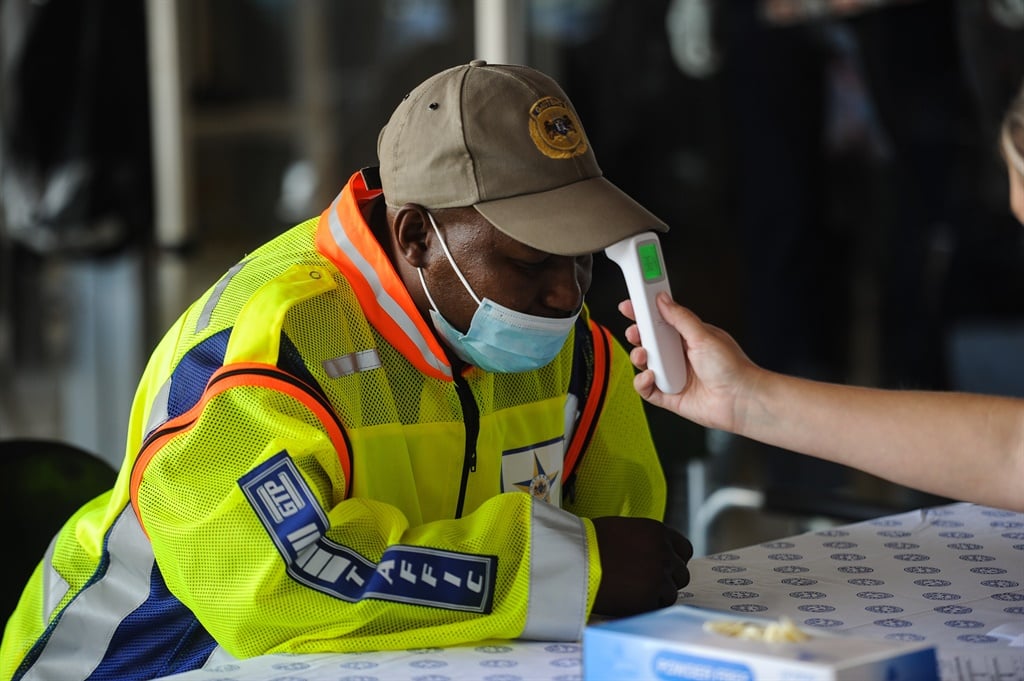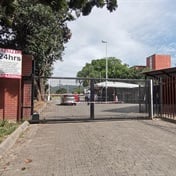
People are starting to realise the severity of the Covid-19 coronavirus and are making use of the many screening sites set up across the country.
“The severity of the Covid-19 coronavirus dawned on the majority of us [township-dwelling South Africans] once the numbers of those infected kept increasing and the country started recording deaths as a result of the virus,” said Mduduzi Dlamini, a resident of Merafong local municipality, on Wednesday afternoon after undergoing the screening process for the virus.
“What also woke me up to the seriousness of the pandemic was the shocking number of infections recorded in countries that we look up to. First-world countries were more affected, way more, than us,” said Dlamini.
He decided to undergo the process as “we are now really getting the fact that the virus is not selective”.
These mass screenings were made possible when President Cyril Ramaphosa pledged to institute a “new phase” in the government’s fight against Covid-19, including “the mass rolling out of screening, testing, tracing and a medical management programme” to be undertaken by about 10 000 field workers.
Read: Covid-19: Ramaphosa announces mass screening project as SA death toll rises to 3
Ramaphosa said he and his ministeral national Covid-19 command council were trying to increase testing from fewer than 2 000 a day to close to 50 000 tests nationally a day.
While the undertaking was commendable, the reality on the ground showed that there was still a long way to go.
After the announcement by the Gauteng health department that a massive team of health workers would embark on screening and testing people from 9am to 3.30pm.
City Press went to have a firsthand look.
The screenings we scheduled for Carletonville Mall Shopping Centre, Shoprite at Extension 9 and President Hyper Fochville.
However, the planned screenings did not go ahead smoothly. There was no screening and testing at two of the sites – Carletonville Mall and Shoprite at Extension 9. The Fochville screening opened much later than the scheduled 9am time.
It was more than two and a half hours later that screening began.
A nurse stationed at the Fochville site, who was left waiting with the screening equipment but without a gzebo, said the delay was because an NGO that was providing the gazebo was delayed.
The health worker blamed the lack of coordination between the district health department and the NGO.
To get first-hand experience of the screening process, our journalist, Palesa Dlamini, went through the quick and simple three-step process.
Her hands were sanitised; she sat down with workers who were registering individuals by taking their personal details – their names, the number on the identity document, home address and cellphone number.
Then a nurse asked a series of questions including: “Have you been in contact with anyone who has travelled out of the country in the past 14 days? Have you been in contact with anyone who has tested positive for the Covid-19 coronavirus in the past 14 days? Do you have a cough or fever?”
Then the nurses took the temperature – either by placing the thermometer under the tongue or with a hand-held thermometer placed in front of the forehead, but not touching it.
A “yes” to any of the questions and/or a high temperature could, said the officials, lead to the need for a test for the virus.
With a temperature reading of 36ºC, and “satisfactory responses” to the questions posed, Dlamini was sent on her way.
David Bila (49) a mineworker, who was at President Hyper “to buy essentials”, told City Press that he had decided to get screened for the virus because “he feared not knowing” if he had it or not.
“This virus has scared us all. Right now we are sitting, not working, but we are thankful that our wellbeing is being considered through the lockdown,” he said.
“I didn’t know that there was a screening site here. I had come to do some shopping for food and I was approached by the nurses who asked if I would like to be screened and I said yes.”
Bila, who lives in a hostel, said he was pleased he could go through the screening. He said he would “encourage” his “neighbours and colleagues to do the same”.
“I was told my temperature was normal and my answers to the questions were good,” Bila said.
| |||||||||||||
| |||||||||||||
 |
| ||||||||||||
| |||||||||||||




 Publications
Publications
 Partners
Partners









